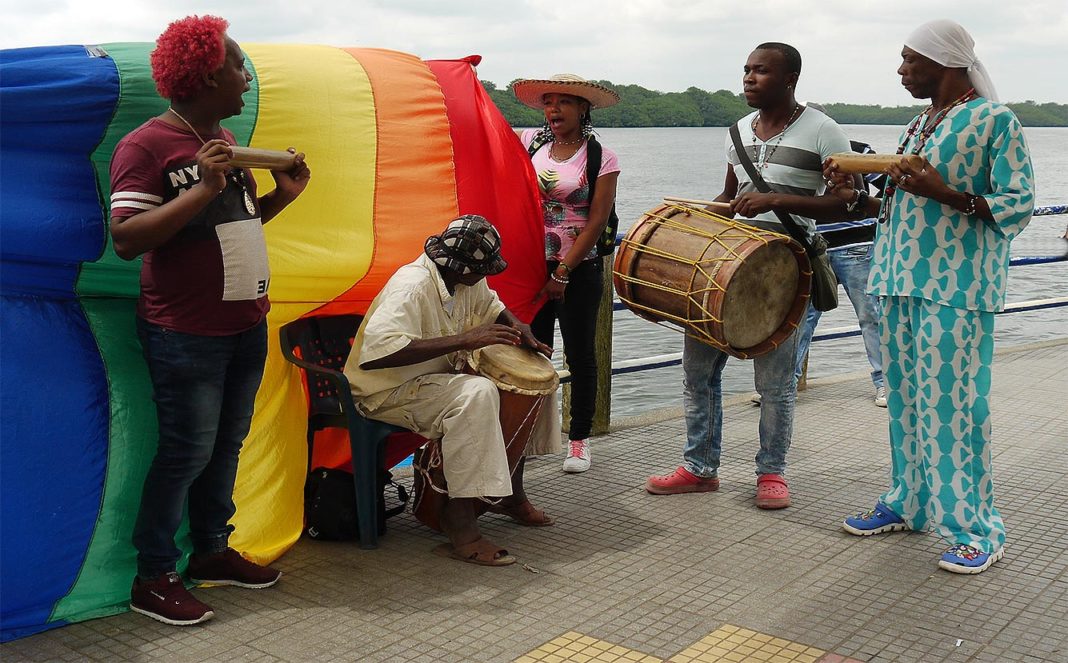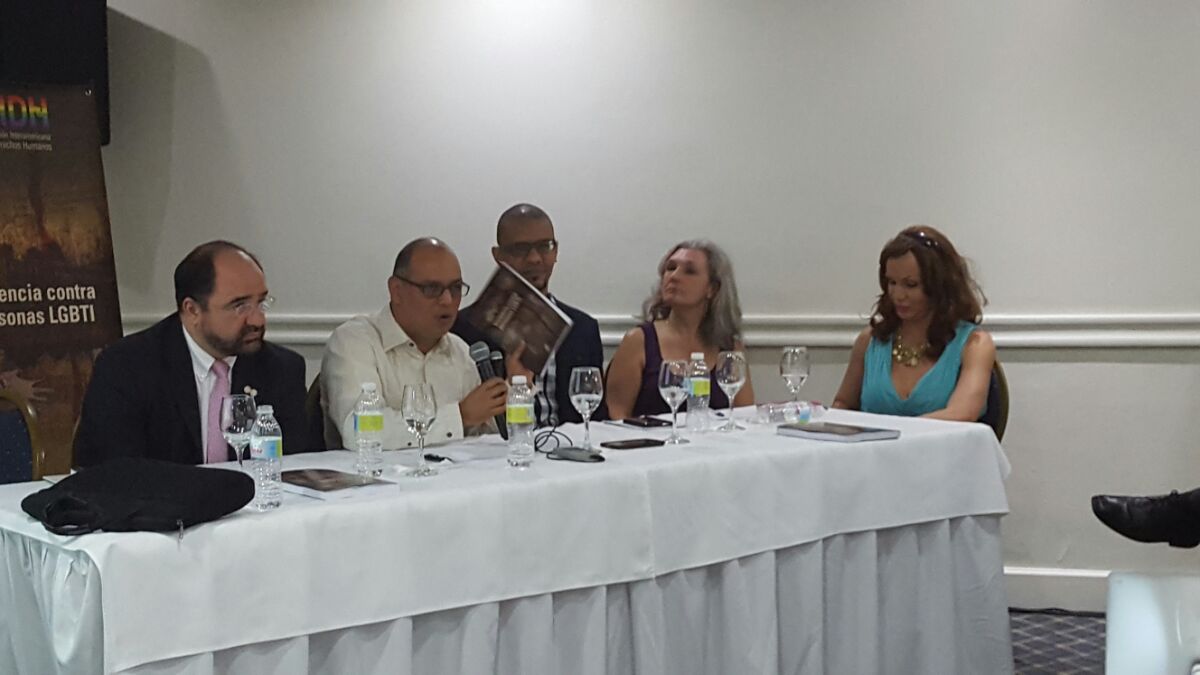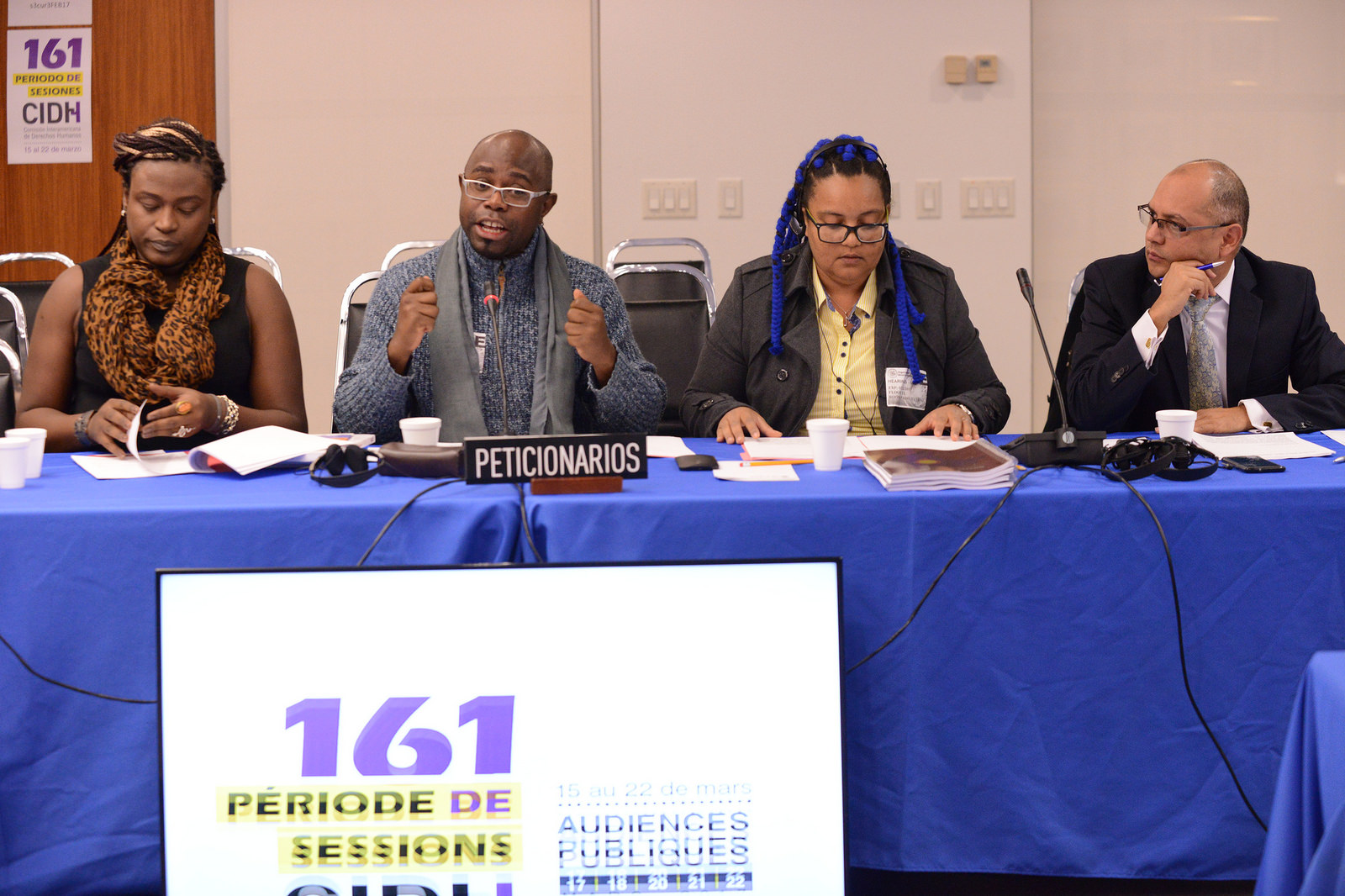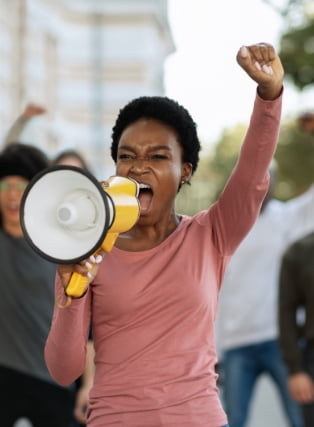COMMUNITY RESISTANCE: VIOLENCE AGAINST AFRO LGBTI INDIVIDUALS IN TUMACO
Tumaco was in the news media last month due to an ongoing humanitarian crisis of widespread violence towards the civil population. The problems of Afro LGBTI individuals are not being taken into account by any specific State institution, but community initiatives struggle to change this reality. A HISTORICALLY DISPUTED PLACE Tumaco is a municipality that […]

Tumaco was in the news media last month due to an ongoing humanitarian crisis of widespread violence towards the civil population. The problems of Afro LGBTI individuals are not being taken into account by any specific State institution, but community initiatives struggle to change this reality.
A HISTORICALLY DISPUTED PLACE
Tumaco is a municipality that has historically faced many challenges, such as a high presence of armed actors as a consequence of trade in illicit drugs as well as having the highest illegal growing areas for coca leaf, ascending to 19.000 hectares in 2018.
The civilian population continues to be the principal victim of attacks by armed actors throughout the region. Violence intensifies for Afro LGBTI people, who are constantly discriminated against by their families, within their close social circles, and by State institutions.
Tumaco is living a political crisis which is not being duly reported on by the national news media. Tumaco’s elected mayor is currently detained awaiting trial because he is accused of committing a series of crimes associated with the diversion of millions of Colombian pesos of public funds. In consequence, there the citizens have no confidence in the most important local state institution (the Mayor’s Office). This situation decreases the population’s sense of presence of adequate state institutions, and spreads violence by promoting spaces in which armed forces can feel safer to commit violent acts without sanction.

THE TIP OF THE ICEBERG: THE SITUATION OF AFRO LGBTI INDIVIDUALS
Afro-LGBTI individuals are currently suffering from human rights violations, but they are also a part of a group that has been historically discriminated against. The intersection between past and present violations is important to discuss. Afro-Colombian communities have been relegated to inhabit the country’s geographic periphery and live in conditions of extreme poverty. This is a result of racism that is not being talked about.
The mere existence of Afro LGBTI people in the region bothers sectors of armed groups because of prejudices associating them with crime, poverty, and disease, among other biases. Afro LGBTI individuals are submitted to crude forms of violence, including threats, torture, and even homicides, either at home, on the streets, or in institutional spaces.
On top of that, these prejudiced beliefs are shared by other members of their own community. Thus, there are not many ways in which the community can understand how victims of prejudice-based violence face specific daily struggles. This demonstrates the need for more work on informing people about the respect of all forms of diversity in their own communities, so that everyone can begin to speak about how they live their own dynamics of violence in safe spaces.
In Tumaco, LGBTI people are potential victims of typical violence due to the armed conflict, but also due to prejudice-based violence. In addition, state institutions do not have specific details of violence forced upon LGBTI people in the context of the armed conflict because victims do not tend to denounce those crimes to the police or the Prosecutor’s Office. This happens in most cases because there is a persistent fear of new threats or violence if they report the crimes. According to Nixon Ortiz, Executive Director of ‘Fundación Afrocolombiana Arcoiris de Tumaco,’ in the context of Colombia’s armed conflict, the Afro LGBTI population faces serious situations of forced displacement. These cases are not being fully denounced to the authorities “because of fear, so the population has not yet been able to tell their whole truth.” The zone is still living in violence, but the violent practices are different. Nixon describes that, “before there was more noise, now [violence] is committed more silently.” This means that previously, the violence predominately took the form of physical aggressions, but now there are more cases of private threats. This worries him and his concern is understandable. In “noisy” cases, the institutional and social responses have not been adequate. Now, in this context of subtle demonstrations of violence, sources of help will be even weaker.
There are no signs of a prompt solution to the current situation of violence. Nixon describes how the path of progress in the eradication of violence is difficult in a country as collapsed and as polarized as Colombia, with a government that is not capable of responding to victims’ needs to access human rights and dignified living conditions. In addition, many of the people in power in state institutions have radical, anti-LGBTI beliefs and have no motivation to improve the quality of life of this population.
Nixon stresses that violence is suffered in remote areas of Colombia, but civil society is working to change this situation. According to Nixon, the Afro-LGBTI civil society in these areas is working on initiatives to defend their human rights. These initiatives reclaim music, poetry, and chants from the cultural heritage of the Afro-Colombian population. These projects are important because LGBTI people’s Afro culture and social customs were taken away from them because of violence and forced displacement. In order to encourage these initiatives and turn them into successful policies at the state level, Nixon stresses that it is necessary for the State to “sit down and talk with the local population,” because he believes that social change has to begin with strengthening those initiatives formed in remote areas with their own cultural approaches.



“TODAY, THERE ARE MORE OF US”: LOCAL RESPONSES
Community initiatives like that of Arcoiris must be made visible to the state institutions in Colombia that have the duty to protect civil society. Community projects’ activities are focused on documenting needs that are not met by the state. The projects seek to use this data to have a better idea about where to begin focusing their efforts. In addition, these initiatives include community social activities that can begin to eliminate social prejudices and build forms of reconciliation and true peacemaking. This is currently happening in Tumaco with the Afro LGBTI initiative of Arcoiris, which creates spaces inside the municipality where people can learn about diversity and begin to make consensus between them, setting their prejudices aside. Highlighting those initiatives –and even more important, guaranteeing safety for those who participate in them- may be a significant source of knowledge for the state to create better strategies to improve the quality of life of those who live in Colombia’s remote areas.
For Nixon, base organizations help to strengthen social relationships, because they provide important education to the people of the region about social diversity and they always seek to highlight the importance of diverse societies that recognize their own Afro experience. Therefore, he proposes that the State give more attention to local community projects, providing them with strategic help beyond mere financial aid, such as different forms of mentoring or technical training.
Arcoiris also works with the local government because of its presence in their territory. Thus, they have been working with the Secretary of Government, the Secretary of Gender Issues of Tumaco, and the Department of Nariño. Significantly, Arcoiris members have brought attention to the LGBTI population in Tumaco and they have achieved local, national and international recognition for their work. They have also been able to teach LGBTI individuals about their own rights. In this way, Nixon comments how “when we started, there were few of us; today there are many more of us.”
Arcoiris proves how people who are discriminated against because of their gender expression, sexual orientation, or race can decide to unite, break the silence surrounding the violence exerted on their bodies, and propose solutions through community action by working on events, forums, social activities, and proposing alternatives of public policy to their local authorities. This community project identifies problems that were not visible by working directly with people and asking them about situations that are being currently unattended by the state, and that have not been brought to the attention of state institutions or even among the general society. At the same time, these initiatives generate bonds of affection and support between individuals who are victims of prejudice-based violence in the territories.


LGBTI IN TUMACO’S AGENDA
The community project of Arcoiris is based on respecting the differences of race, gender expression, and identity among individuals, but it also seeks to reject unnecessary divisions. Arcoiris wants to unite the LGBTI population across the region, while bringing attention to the particular issues faced by the Afro-LGBTI population. Their commitment extends beyond holding one-off events, but rather to also develop deeper relationships in order to “collectively look at the needs of the territory in order to move forward.” The example of Arcoiris demonstrates why attention must be focused on the protection of this community leaderships as well as projects that are working to improve living conditions, so that all individuals can feel like a part of their community as equals. This is especially true for Afro LGBTI people, who have been victims of discrimination and violence, as mentioned before.
Having the presence of state agencies in the region is not enough to achieve equality. The presence of institutions that guarantee dignified living conditions is a duty of the state, and in Tumaco, these services have historically not been provided. However, social equality also begins with changing the way in which we define how communities work, including the importance of respecting all forms of sexuality, gender identity, and diversity in general. Local initiatives are working in order to teach people within their municipalities or communities about this idea of diversity. Projects focused on making activities that build a society that includes all people in Colombia on the basis of real equality can help us to construct a nation at peace when it is most needed. Local initiatives that spread this idea of a better society have to be made visible and protected by the State so that everyone can reconstruct a country that has been excessively burdened by a form of violence towards individuals that is clearly racist, sexist, homophobic, and transphobic, and that seeks to perpetuate all kinds of oppression structures.


About the autor
Cristina Annear
Junior Lawyer for Colombia at Race and Equality

